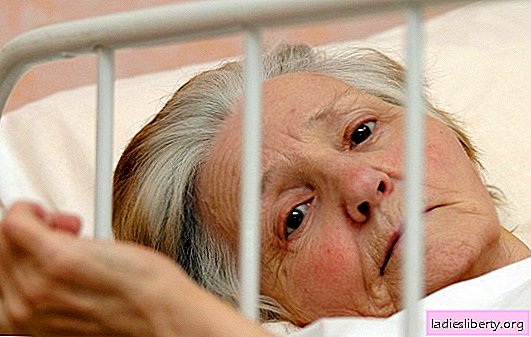
Some experts prohibit removing wisdom teeth if they do not cause discomfort. Others believe that wisdom teeth are useless parts of the body that cause complications in the long run. However, there are good reasons for thoroughly all the pros and cons of the procedure.
Consensus on the removal of wisdom teeth among dentists
The danger and necessity of wisdom teeth is poorly understood - this is one of the reasons why there are many conflicting opinions.
Some dentists recommend removing wisdom teeth anyway - even if they do not cause discomfort. The main argument is the potential risk of complications and the absence of a vital function.
Removing wisdom teeth carries the risk of infection and severe inflammation - this is the argument of skeptics. It has also not yet been established that eliminating asymptomatic teeth is beneficial to health. Therefore, it makes sense to weigh the pros and cons of the intervention.
What happens if the wisdom tooth does not erupt?
Often wisdom teeth do not erupt or “come out” only partially. 80% of young people in Europe have at least one wisdom tooth that has not erupted.
In 17%, preserved wisdom teeth do not cause discomfort.
However, broken wisdom teeth can move other teeth. They can also lead to inflammation, tooth decay, or other complications.
When does it make sense to remove wisdom teeth?
Before starting treatment, it is important to clarify the following questions:
- Did wisdom teeth lead to pain and damage to the jaw or adjacent teeth?
- Do wisdom teeth affect the development of the dentition?
- What are the risks of the procedure?
- Can wisdom teeth be used to replace lost or badly damaged molars?
People with displaced incisors or small jaw bones are sometimes afraid that their teeth will move even more if the wisdom teeth break. Clinical studies show that tooth row dislocation is a rare complication.
If wisdom teeth cause inflammation, pain, damage neighboring teeth or other complications, removal is performed in the absence of contraindications.
What side effects can removal have?
Rare side effects are damage to nerve fibers and blood vessels. Sometimes extraction of wisdom teeth leads to bleeding and, as a rule, to temporary numbness of the tongue or face. An extremely rare side effect is a bacterial infection.
As a result of the operation, 1 out of every 100 people has constant problems - parasthesia or damage to neighboring teeth. The risk depends on the extent of surgery.
In most people, the mouth and cheek swell after surgery. The mouth, as a rule, does not open completely for several hours or even days. Many have pains immediately after the procedure, but they soon fade away.
If the pain returns after 4-5 days, it intensifies and is accompanied by swelling or bad breath, this indicates a wound infection. An infectious disease can occur if the blood plug that closes the wound weakens prematurely or comes off.
Antiseptic mouthwashes or gels help prevent such complications. Local anesthesia is required to remove wisdom teeth, with larger interventions, general anesthesia is required.
What can be done to relieve pain after the procedure?
Many people resort to painkillers after surgery; sometimes analgesics are given before the procedure. Ibuprofen is more effective than paracetamol, relieves pain after tooth extraction. Aspirin is not suitable before and after surgery because it increases the risk of bleeding.
Studies show that ibuprofen eases pain better than paracetamol. The combination of paracetamol and ibuprofen alleviates the symptoms better than the same dose of paracetamol or ibuprofen alone.
In order not to exceed the maximum dose for two active substances, adults should take a combination maximum every 8 hours. For adults, the maximum dose of ibuprofen is from 800 to 1200 mg per day, and paracetamol is 4000 mg per day.
To reduce inflammation, the cheek can be chilled in the first few days with an ice pack. Smoking cigarettes, consuming fruit juices or hot drinks interferes with the natural healing of wounds.
Patients are advised to give up sports and saunas immediately after tooth extraction. Even if you feel better, you should not neglect the advice of the dentist.











